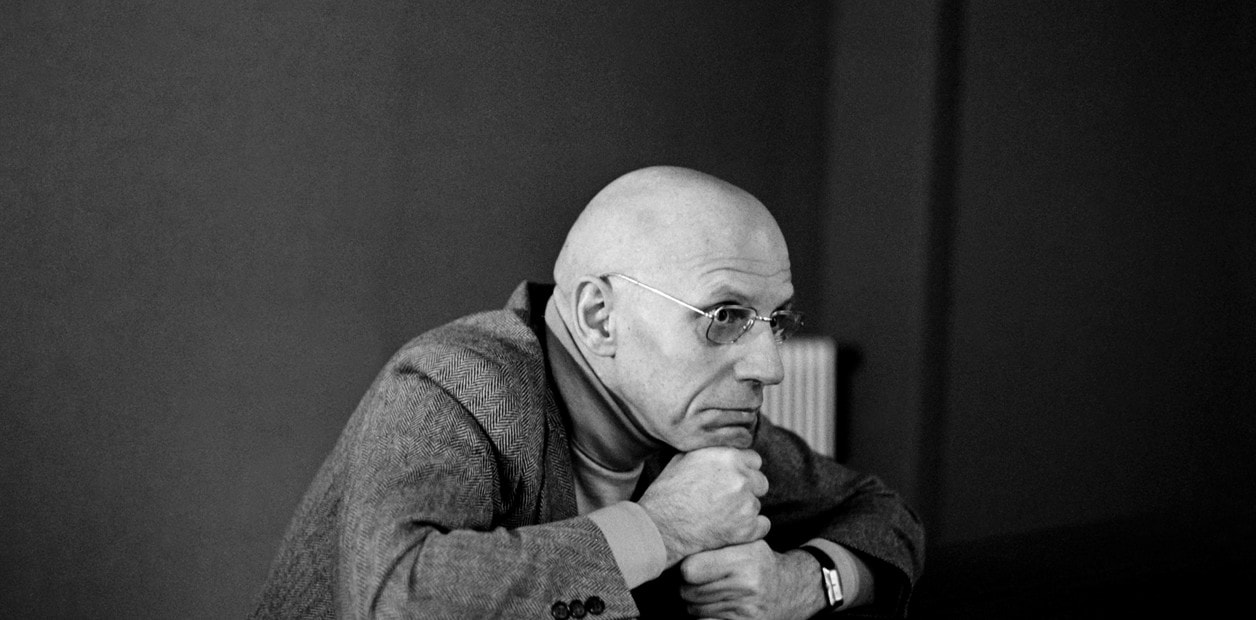|
by Nash Croker What has Critical Theory ever done for us?
Alright, well, apart from denaturalising sex and gender, the Panopticon, psychoanalysis, defining race as a social construct, Hermeneutics, Semiotics, the labour theory of value and cultural hegemony...what has it ever done for us? Look, I love a Marxist-Feminist analysis of some shitty Netflix show more than the next disaffected queer. But, honestly, sometimes it feels like the most relevant any of this high-minded mumbo-jumbo will get me is a self-satisfied Twitter takedown. Beyond simply trying to understand what Butler, Althusser or Benjamin are trying to say, half of the struggle is making any of this is relevant to lived experience. I truly am glad that Berkeley’s Rhetoric department caters to this academic focus on critical theory. It really is a valuable and interesting interdisciplinary degree focus. Seriously, though, have you spoken to a Rhetoric major for more than two minutes without them name dropping Foucault, Heidegger or slagging off Freud? So much as the denigration of Arts and Humanities in favour of STEM means the small, awkwardly titled department might feel a bit misunderstood, it must be aware of its own pretentions. The modern neoliberal university may not value this field. Funding is not plenty and career prospects even worse. But the old-skool academic rigour of being plunged into purposefully dense texts - maddening until explained in class, written almost entirely by white men in the late 19th and 20th Centuries -means that, functionally, Critical Theory is an exclusionary discipline. The books are often the most expensive in the bookstore (£25 for less than a hundred pages of Guy Debord shitting on TV!?). Not only are the texts so referential of other theories and authors that you really need to have read them all to read just one, but discussions of the ideas within them are mystified in the logics of the field itself. Too often Critical Theorists appear to only be talking to each other. If ever there was an exclusive club for those with the money, time, and access to buy, read and engage in high-minded debate, then it is the school of Critical Theory. “Ok, so what? You’re deriding the theory bro now. Haha, where’s his praxis?” As, my allusion to that famous Monty Python skit suggests, Critical Theory is actually pretty relevant. The problematisation of social movements is vital if we are to see change that does not leave people behind (see applications of Intersectionality in modern racial politics). But as a discipline it needs to be more open to those without this gentil sensibility and security. Rather than working on fine-tuning debates between German philosophers, can we work to make Theories accessible to those without a costly Masters Degree? The elitism of the discipline is no wonder the Berkeley Left often feels stuck in a daydream of the 1960s. Barthes and Derrida are never going to save us. Making this important work accessible and acted upon in our justice movements may well, though. To do so may mean a few bearded Marxists get off their high horses and stop arguing with each other over posh dinners. If the Frankfurt School was so successful in deconstructing the ideology of the culture of capitalism, then why has this politics been allowed to develop its own kind of privileged, apathetic, political culture? Too many men on the Left are afflicted with cultural nostalgia for the radicalism of the ‘60s. Yet to ensconce yourself in the kind of political culture is to lust for possibilities that do not exist anymore. It is to fall foul of the kind of individualism that failed the New Left. Neoliberalism, gentrification and police militarisation mean 1968’s ‘Year of Revolution’ really only spelt the end of Social Democracy. The Civil Rights Movement won its successes (albeit limited) in white northerners willing to die in Southern violence, not through Dylan songs. Copiously reading through the political philosophy of that age, scouring Spotify for these protest songs is to individualise a political culture that is irrelevant today, if not a grave failure. The University and the world has changed. So too must the Left’s political and academic culture.
1 Comment
Dude
4/22/2019 09:58:27 pm
What's the argument of this piece? That we need to change the political and academic culture to actually pay attention to dense critical theory and for... what again, exactly? Oh wait, to understand the thesis of this piece you need to have read all that Foucault and Derrida and, apparently, also Monty Python. Why don't we see any change at all rather than the right kind of change? Typical postmodernists. You problematize everything, produce nothing, criticize yourself, and then disappear as a fresh Red Wave starts inserting its member(s) into our judicial system.
Reply
Leave a Reply. |
Archives
March 2024
Writers
All
|
